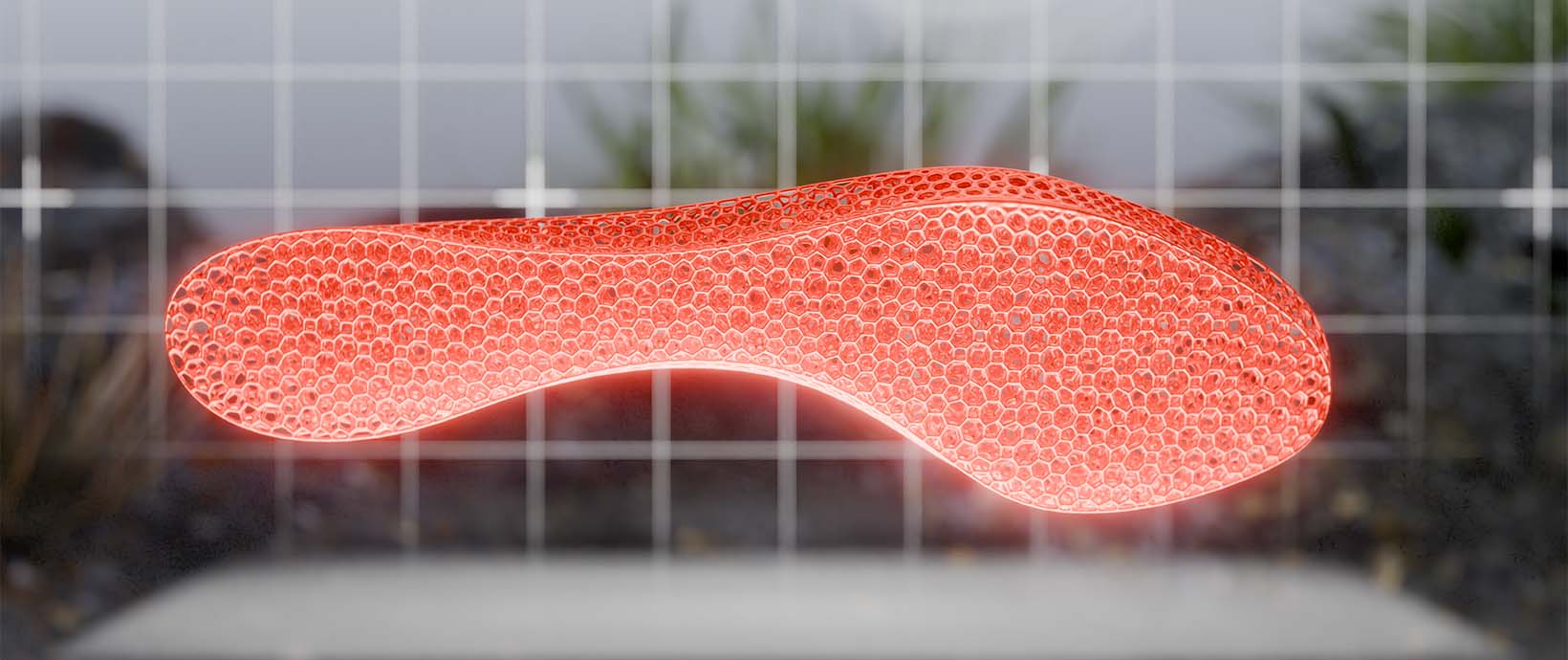Future Says S4E7: Diving into the World of Automotive Warranty Claims
For automotive OEMs and their suppliers, warranty claims are a major financial headache. In 2022, the cost of settling such claims in the American small vehicle sector was over $9 billion. For the average automobile manufacturer, warranty costs equate to around 2.5% of total sales revenue. What’s more, as the industry embraces electrification, the costs are likely to keep rising.
Amidst growing global competition and intense pressure on profit margins, OEMs and suppliers need to bear down on these unwanted cash outflows. In theory, it’s an area ideally suited to the latest generation of data science tools and techniques. Warranty claim records should provide the data needed by things like machine learning tools, which can unearth vital insights and ensure quality issues are resolved as effectively as possible.
To learn more about the roles warranty claims and data analytics are playing within today’s automotive industry, episode seven of Future Says welcomed Sofia Salazar, European warranty coordinator for Yazaki Europe. Founded in 1941, Yazaki is established as the world’s largest manufacturer of wiring harnesses for the automotive sector. Supplying many of the industry’s leading OEMs, the company operates from numerous locations throughout North America, Europe, Africa, and Asia.
Embracing a “Quality Mindset”
Right away, it’s clear that Salazar’s approach is driven by human values rather than technology. In her own words, principles such as teamwork, commitment, and collaboration are all vital for claims’ swift and successful resolution. Salazar also believes that people and organizations must approach warranty claims with a “quality mindset.” In the first instance, the highest priority should be identifying why a problem occurred and how to best rectify it. Negotiating how the costs of a claim might be shared, for example, can follow this.
The toughest warranty challenges come in the form of so-called No Trouble Founds (NTFs). As Salazar explains, these are claims where initial investigations and analyses don’t identify a problem with the component or assembly in question. At this point, Salazar believes that collaboration with all relevant stakeholders is critical. Typically this might involve engagement with both the OEM and Tier 2 and Tier 3 suppliers. Again, Salazar’s approach is characterized by human values. Face-to-face meetings, for example, will build trust with the customer and demonstrate that everyone is taking the issue seriously.
Internal teamwork is equally important, and typically encompasses engineering, manufacturing, and supplier management. “We need all of the teams involved to solve the issue,” Salazar said. As she sees it, whether that team is led by someone from a quality or warranty department is far less important than ensuring that everyone is engaged in the search for answers.
Unlocking Better Data from Dealerships
Keeping in line with season four’s main throughline, Salazar recognizes data’s growing importance. In particular, she highlights the role car dealerships are playing in reporting information on claims. In a nutshell, this is all about helping teams understand what caused the problem in the first place. Improvements to diagnostic systems and read-outs, and the rise of the connected car, are helping to provide the data analytics tools need to be effective. OEMs are also working more closely with dealerships to improve the quality of information they provide and how that information is formatted. Natural language inputs can still present problems, and Salazar believes that OEMs could further improve the quality of the data supplied by dealerships by creating appropriate key performance indicators (KPIs).
Salazar also highlights how data analytics gives us new opportunities to learn from the past. Historical warranty claims, for example, are a rich source of information that should be helping manufacturers avoid repeating previous mistakes.
The Truth Behind Rising Warranty Costs
In the short term, Salazar agrees that we’re likely to see an uptick in the cost of automotive warranty claims. However, this doesn’t necessarily indicate a dip in quality standards. In practice, electrification and the inexorable spread of electronics simply means that many key components within vehicles are becoming more expensive to replace, which will inevitably impact warranty claims.
Given that warranty claims represent a multi-million dollar drain on the industry, it’s easy to see why automotive enterprises might be tempted to view them through a purely financial lens. But as Salazar stresses, these claims can and should be regarded as an opportunity to enhance the quality of vehicles yet to roll off the production line. The starting point for that journey is a passion for finding and rectifying root causes. What data science brings to this search is an ability to unearth the insight buried within warranty claims, and help hard-pressed enterprises achieve that elusive combination of reduced operating costs and improved customer experiences.
Above all, Salazar emphasizes that even in an era of unprecedented disruption, automotive OEMs and their suppliers should never lose sight of the basics: building better cars, and building them more efficiently.
Click here to listen to the full episode with Yazaki Europe’s Sofia Salazar. To learn more about the Future Says series and browse previous episodes, visit https://altair.com/future-says.
Future Says Season 4 is proudly sponsored by Oracle. Oracle offers integrated suites of applications plus secure, autonomous infrastructure in the Oracle Cloud. For more information about Oracle (NYSE: ORCL), please visit http://www.oracle.com/.
S4 Previous Recap Articles
- Episode 1: Reinventing the Car and Exploring Automotive Megatrends
- Episode 2: Transforming Renault into a Tech Company with Luc Julia
- Episode 3: Harnessing the Power of Data Literacy in Automotive
- Episode 4: Taking the Right Approach to Data Analytics in the Automotive Industry
- Episode 5: Building AI Communities in the Automotive Industry
- Episode 6: Striking "Oil” with the Connected Car




